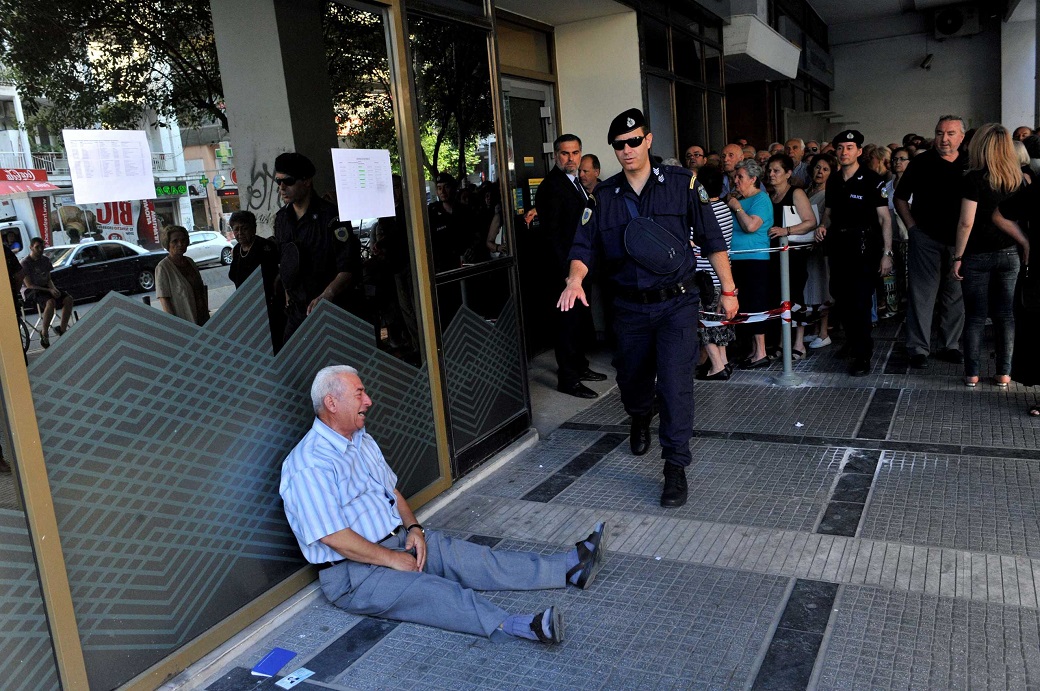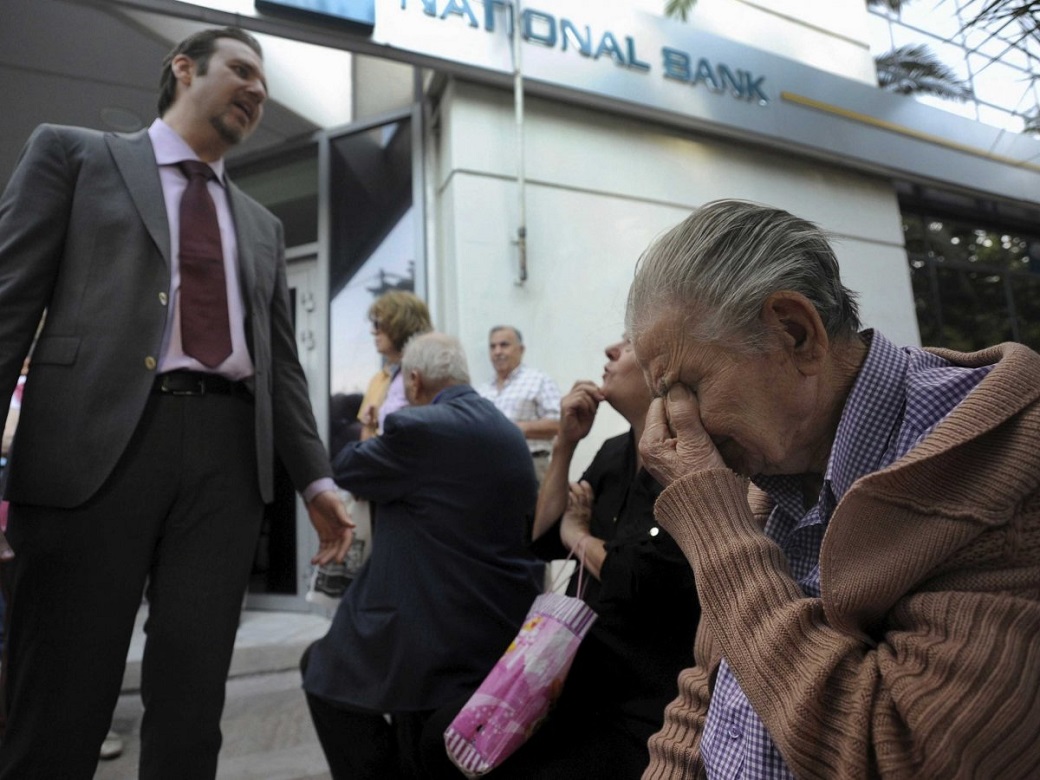“It’s instructive to read what authors wrote about core values a hundred or two hundred years ago, because then you can appreciate what has happened to the culture of a nation. You can grasp the enormous influence of planned propaganda, which changes minds, builds new consensus, and exiles certain disruptive thinkers to the margins of society. You can see what has been painted over, with great intent, in order to promote tyranny that proclaims a greater good for all.” (The Underground, Jon Rappoport)
Here I present several statements about the individual, written in 19th century America. The authors, Ralph Waldo Emerson, Henry David Thoreau, and James Fenimore Cooper were prominent figures. Emerson, in his time, was the most famous.
“All greatness of character is dependent on individuality. The man who has no other existence than that which he partakes in common with all around him, will never have any other than an existence of mediocrity.” James Fenimore Cooper
“The less government we have, the better, — the fewer laws, and the less confided power. The antidote to this abuse of [by] formal Government, is, the influence of private character, the growth of the Individual.” Ralph Waldo Emerson
“The former generations acted under the belief that a shining social prosperity was the beatitude of man, and sacrificed uniformly the citizen to the State. The modern mind believed that the nation existed for the individual, for the guardianship and education of every man. This idea, roughly written in revolutions and national movements, in the mind of the philosopher had far more precision; the individual is the world.” Ralph Waldo Emerson
“If a man does not keep pace with his companions, perhaps it is because he hears a different drummer. Let him step to the music which he hears, however measured or far away.” Henry David Thoreau
“They [conformists] think society wiser than their soul, and know not that one soul, and their soul, is wiser than the whole world…Society everywhere is in conspiracy against the manhood of every one of its members….Whoso would be a man, must be a nonconformist…. Nothing is at last sacred but the integrity of your own mind.” Ralph Waldo Emerson
Can you imagine, today, any of these statements gaining traction in the public mind, much less the mainstream media?
Immediately, there would be virulent pushback, on the grounds that unfettered individualism equals brutal greed, equals (hated) capitalism, equals inhumane indifference to the plight of the less fortunate, equals callous disregard for the needs of the group.
The 19th-century men who wrote those assertions would be viewed with hostile suspicion, as potential criminals, as potential “anti-government” outliers who should go on a list. They might have terrorist tendencies.
Contemporary analysis of the individual goes much further than this.
Case in point: Peter Collero, of the department of sociology, Western Oregon University, has written a book titled: The Myth of Individualism: How Social Forces Shape Our Lives:
“Most people today believe that an individual is a person with an independent and distinct identification. This, however, is a myth.”
Callero is claiming an absence of any uniqueness from person to person. He’s asserting there is no significant distinction between any two people. There aren’t two individuals to begin with. They’re a group.
This downgrading of the individual human spirit is remarkable, but it is not the exception. There are many, many people today who would agree (without comprehending what they are talking about) that the individual does not exist. They would agree because, to take the opposite position would set them on a path toward admitting that each individual has independent power—and thus they would violate a sacred proscription of political correctness.
These are the extreme conformists Emerson was referring to a century and a half ago.
Unable to partake in anything resembling clear thought, such people salute the flag of the Collective, blithely assuming it means “whatever is best for everyone.” Such questions as “who defines ‘best’” and “who engineers this outcome” are beyond their capacity to make distinctions. They rest their proud case in vagueness.
Without realizing it, they are tools of a program. They’re foot soldiers in a ceaseless campaign to promote collectivism (dictatorship from the top) under the guise of equality.
Let me repeat one of Emerson’s statements: “The antidote to this abuse of [by] formal Government, is, the influence of private character, the growth of the Individual.” The corollary: If there is no widespread growth of individuals and their independent thoughts, actions, and moral consciousness, if they don’t widen their horizons and spheres of influence, then in the long run what check is there on government?
Demeaning the individual is, in fact, an intentional operation designed to keep government power intact and expand its range.
Consider this question: If all opposition to overbearing, intrusive, and illegitimate government were contained in organized groups, and if there were no independent “Emersonian” individuals, what would be the outcome?
In the long term, those groups would stagnate and fail in their missions. They would be co-opted by government. Eventually, all such groups would be viewed as “special needs” cases, requiring “intervention” to “help them.”
That is a future without promise, without reason, without imagination, without life-force.
That is why the individual remains vital; above, beyond, and through any blizzard of propaganda.
Jon Rappoport
feature image credit: Lance Cpl. Zachary Scanlon, 2012











